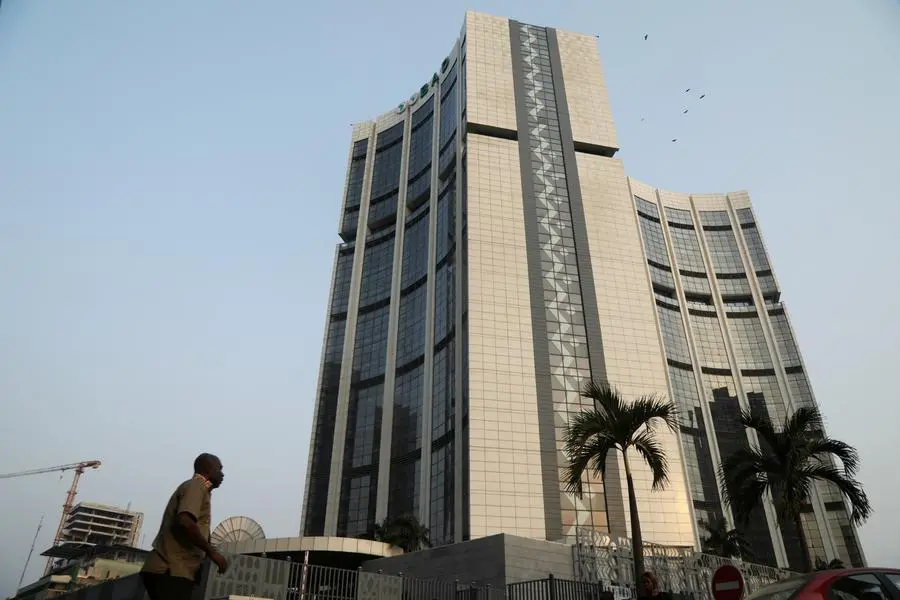PHOTO
In AbidjanIn the face of global trade tensions and protectionist policies that threaten livelihoods and economic stability, leaders across Africa believe that reviving the relationship between governments and the continent’s private sector could chart a new path to prosperity.
At the Africa CEO Forum in Abidjan, Côte d’Ivoire, on Monday, presidents and business leaders emphasised the need to re-evaluate this relationship to ensure sustained economic growth.
This comes amid global trade tensions and protectionist policies, notably those stemming from the ‘America First’ agenda of US President Donald Trump, which have created uncertainty and reduced market access for African exporters.
Amir Ben Yahmed, the CEO of Jeune Afrique Media Group, the organisers of the summit, said that the convention aims to foster dialogue between governments and the private sector on how they can collaborate more effectively to spur development on the continent.“We are in a world of uncertainty. With Trump in the White House, there’s always a new decision that is different from the one the day before. So, our conviction here is that nations should rely more on the private sector,” said Mr Yahmed.“We are calling on the over 2,000 CEOs present here to invest more to help solve Africa’s problems. And we want governments to build more efficient states. Governance is a key topic here.”Ethiopis Tafara, regional vice president for Africa at the International Finance Corporation (IFC) – the event’s co-host – said that although official development assistance is declining, it was never sufficient to bridge Africa’s development gaps. This makes the private sector’s role more critical than ever.“The only way to close the development gap in Africa is by mobilising private capital,” said Mr Tafara.“There is no shortage of private capital and no shortage of investors interested in African countries. Frequently, the challenge is finding bankable projects, with a proper allocation of benefits and risks between the public and private sectors.”Addressing the forum, Côte d’Ivoire’s President Alassane Ouattara said that the current global economic uncertainty is affecting African economies, underscoring the need for renewed partnerships between governments and local businesses.“Africa is facing numerous issues, including reduced access to financing. In recent months, we’ve seen worsening challenges in the business environment, including supply chain disruptions, and the return to normalcy is slow,” Mr Ouattara noted.
Rwanda’s President Paul Kagame said Africa should not wait for major decisions by global powers such as the US before taking action.“We should have been building momentum towards making Africa self-reliant, resilient, and capable of forging effective partnerships with other continents and countries,” Mr Kagame said.
Other leaders at the forum, including Mauritania’s President Mohamed Ould Ghazouani, South Africa’s Cyril Ramaphosa, Ghana’s John Mahama and Senegal’s Bassirou Diomaye Faye, also called for the private sector to play a more active role in driving the continent’s growth.
New US trade policies, particularly tariffs (currently paused for 90 days), are expected to negatively impact African economies, particularly smaller ones.
The United Nations Conference on Trade and Development (UNCTAD) has warned that the least developed countries, despite contributing the least to the US trade deficit, are likely to bear the brunt of the economic fallout from these tariffs.
At the forum, leaders also championed the African Continental Free Trade Area (AfCFTA), which is struggling to gain traction, as a potential game-changer and alternative market for African businesses, provided the public and private sectors align their efforts.“We would like the private sector to work hand-in-hand with the public sector to embrace AfCFTA and participate actively,” said President Ramaphosa.
© Copyright 2022 Nation Media Group. All Rights Reserved. Provided by SyndiGate Media Inc. (Syndigate.info).





















